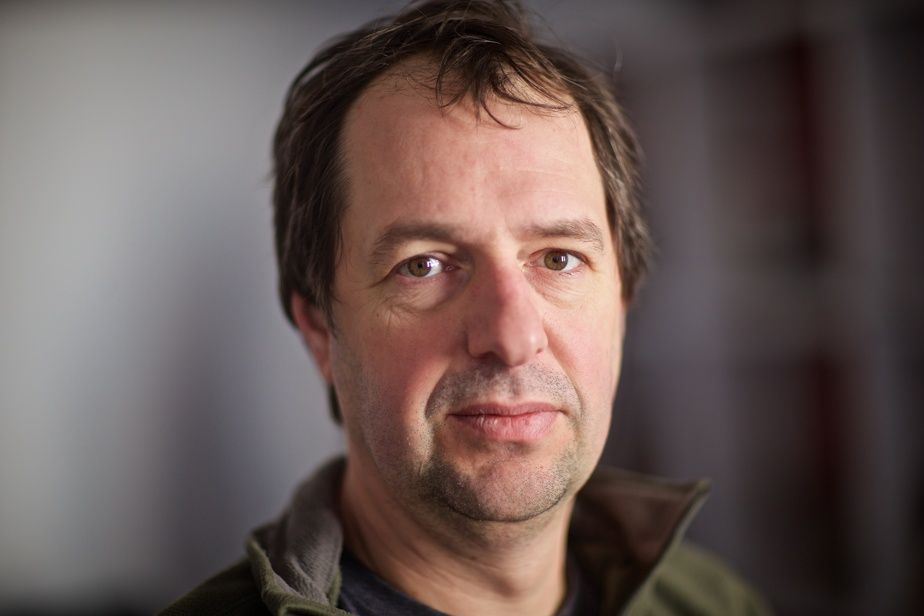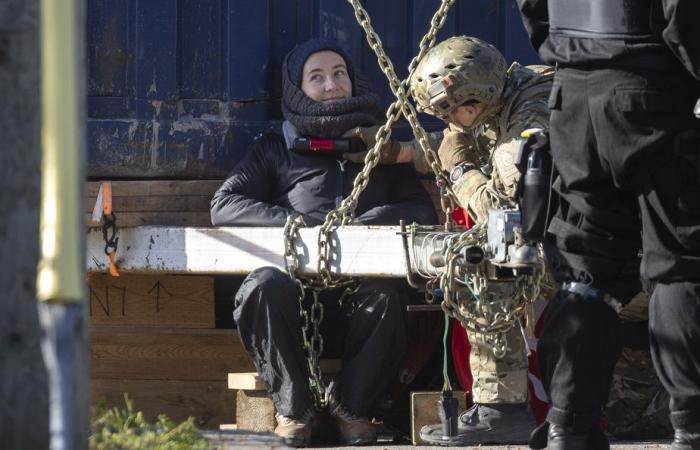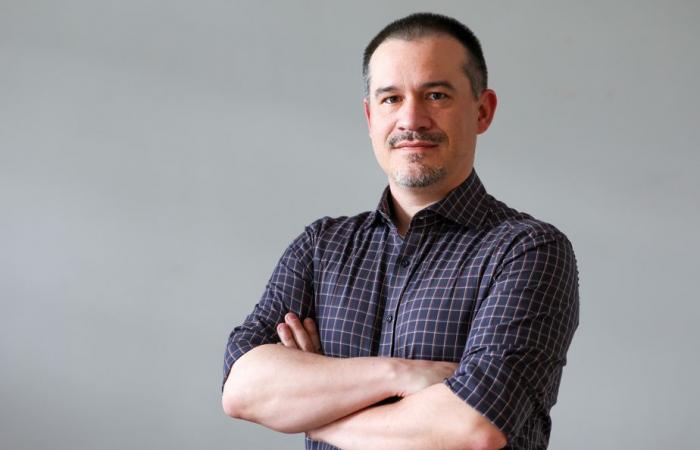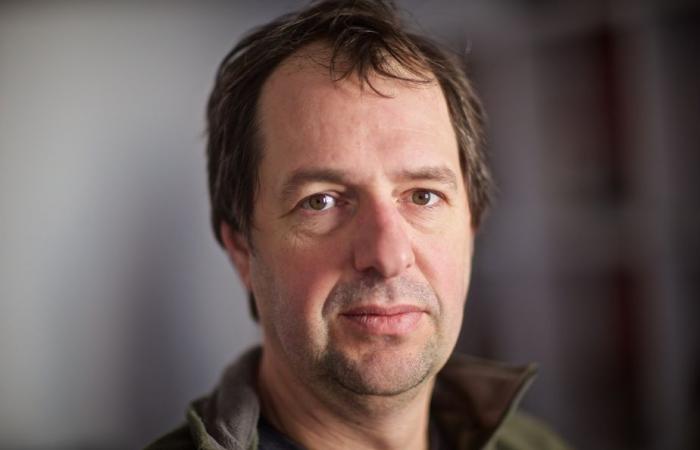The blocking of the Valero oil terminal in Montreal East in 2022 was necessary given the seriousness of the climate crisis, the activists accused of this gesture of civil disobedience argued last week at their trial, shining the spotlight on climate policies at a time when COP29 on climate was heading towards failure.
Published at 6:00 a.m.
The presentation of evidence and testimony ended Friday, after five days of trial, in front of a small, crowded room in the Montreal municipal court where around forty people were crowded together, shoulder to shoulder.
Ten activists from the environmentalist collective Antigone are accused of break-in and mischief for attaching themselves to the Montreal infrastructure of the American oil company Valero, in October 2022, thus forcing the 24-hour shutdown of the 9B oil pipeline of Enbridge, of which they demanded the permanent closure1.
Among the accused are Jacob Pirro and Olivier Huard, who were detained for a long time last October after climbing the Jacques-Cartier Bridge to denounce “the lack of concrete action” by governments in the face of the climate emergency2.
Defense of “necessity”
The accused admitted to having carried out the actions with which they are accused, but pleaded not guilty, saying they had acted out of necessity.
This defense, rarely used in Quebec in an environmental case, must meet three specific criteria to be admissible, explains criminal and environmental law lawyer Merlin Voghel, who is not participating in the trial.
The accused must demonstrate that there was an urgency to act to avoid a situation of unforeseeable and imminent danger, that there was no other reasonable and legal solution, and that there is proportionality between the harm caused and the evil avoided, he lists.
“The criterion of imminence is very interesting, because we can question [la façon de l’appliquer] to climate change, especially when we know that the Supreme Court has already qualified climate change as an existential threat to humanity,” says Mr.e Vogel.
Gestures of civil disobedience have made it possible to evolve the law, to change the laws, recalls the lawyer, citing the famous case of Dr Henry Morgentaler, who illegally performed abortions and led to the legalization of this practice in Canada.
PHOTO FRANÇOIS ROY, LA PRESSE ARCHIVES
Me Merlin Voghel
We must not relegate disobedience to the rank of malevolence.
Me Merlin Voghel
While the public generally disapproves of civil disobedience, it nevertheless raises awareness and increases support for more moderate actions and organizations, Angela Carter, Canada Research Chair in Governance and Policy, explained at the trial. on fair energy issues and professor of political science at Memorial University of Newfoundland, who acted as an expert witness for the defense.
“The literature indicates that disruptive protests help bring about political change […] which contribute to reducing greenhouse gas emissions around the world,” said Mr.me Carter.
Climate policies “in the dock”
By trying to demonstrate the necessity of their action, the 10 environmental activists also place Canadian climate policies “in the dock,” believes professor in the sociology department of the University of Quebec in Montreal Éric Pineault, associate researcher at the Chair research in ecological transition.
These have failed for two decades to slow down the growth of emissions from the oil and gas sector, he illustrates, deeming it “ironic” that the trial of the 10 activists is being held while COP29 was heading towards failure.
“Our climate policies risk leading to an uninhabitable planet, three degrees hotter than before the industrial revolution,” recalls Mr. Pineault.
The professor blames the hydrocarbon industry, a master in the “capture and diversion process” of the political discussion on climate issues, an argument also raised at the trial by Professor Carter.

PHOTO ANDRÉ PICHETTE, LA PRESSE ARCHIVES
Professor in the sociology department of the University of Quebec in Montreal Éric Pineault
The weight of the fossil industry and countries linked to the fossil industry is an obstacle to the deployment of climate policies.
Éric Pineault, professor at the University of Quebec in Montreal
Consequently, people who try through “the usual channels of democracy” to obtain changes are not heard, he deplores, coming to the defense of the 10 accused.
“The question is not whether the Antigone defendants broke the law,” he said. The question is rather how long will a majority of us accept climate policies that are doomed to failure? »
“It must be difficult to be young on a dying planet,” Professor Carter said in court, bursting into tears as she spoke of her young son.
As the defense and Crown did not have time to present their arguments on Friday, the trial will be extended for one day, December 13, after which Judge Randall Richmond will deliver his verdict.
1. Read “Montréal-Est: demonstrators occupy the Valero oil loading dock”
2. Read “A coup on the Jacques-Cartier Bridge: the detention of activists denounced”
Learn more
-
- 300 000
- Quantity of oil, in number of barrels, transported daily by the 9B pipeline
source: Canada Energy Regulator








